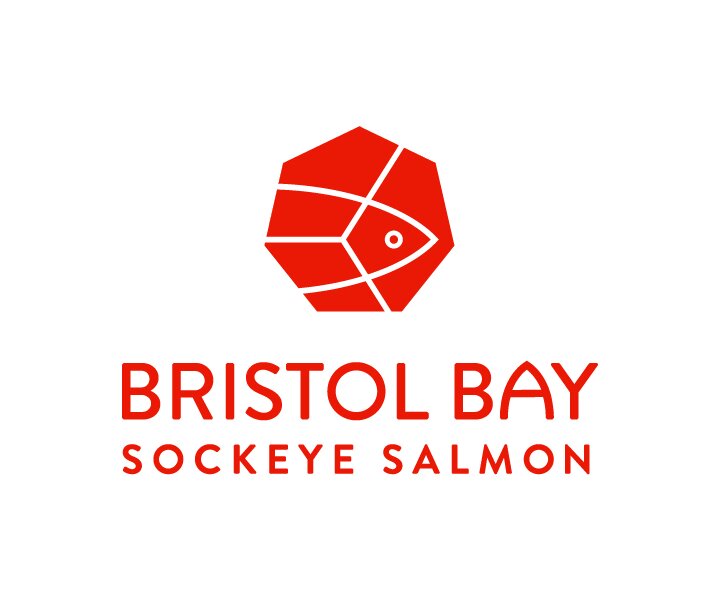Expanding on earlier work by the BB-RSDA, this recently released study by BBEDC/McDowell Group estimates just how much revenue swam past Bristol Bay fishermen from 2003 to 2008.
Addressing “foregone harvest” – defined as the actual salmon escapement to major Bristol Bay river systems over and above pre-season spawning goals established by the ADF&G – this study provides a clear understanding of the lost economic opportunity associated with the fishery during those years.
BB-RSDA is raising foregone harvest in discussions with policymakers, and this report informs that effort. Like most issues surrounding large natural systems and large industries, the issue of foregone harvest is complex. Contributory factors include processing capacity, fleet effectiveness, ADF&G management policies and decisions, and natural conditions such as compressed run entry.
In a salmon fishery as large and complex as Bristol Bay it is not reasonable to expect that escapement will be flawlessly achieved, or that harvesters and processors can successfully handle every fish that is surplus to pre-season goals. Accordingly, this study makes no effort to identify the primary cause or causes of foregone harvest. Rather, it quantifies the effects of foregone harvest and furthers the discussion for all Bristol Bay stakeholders.





